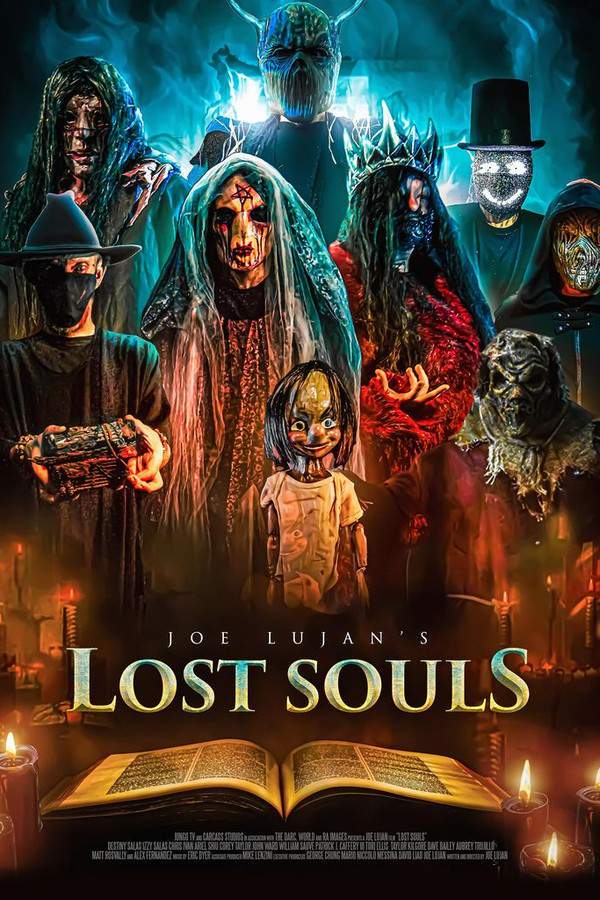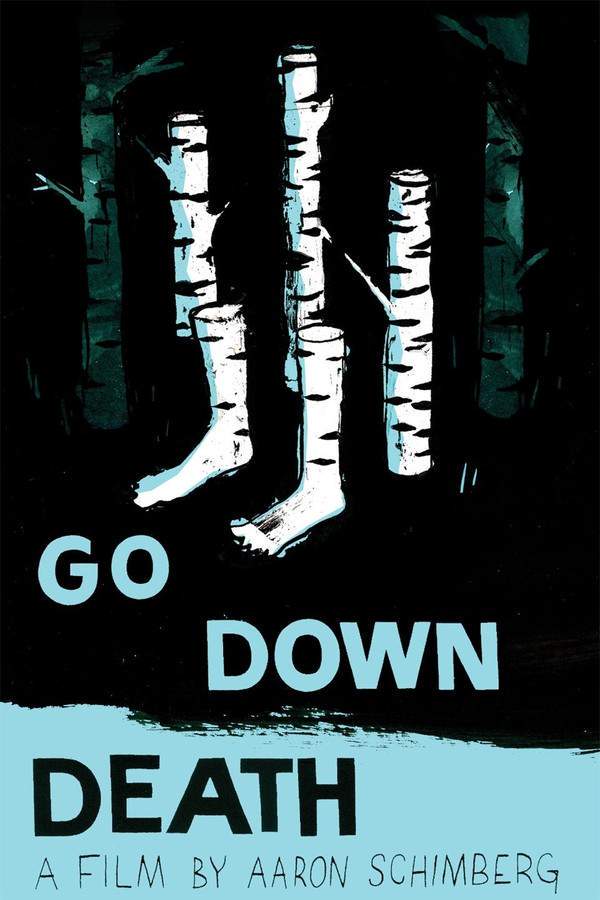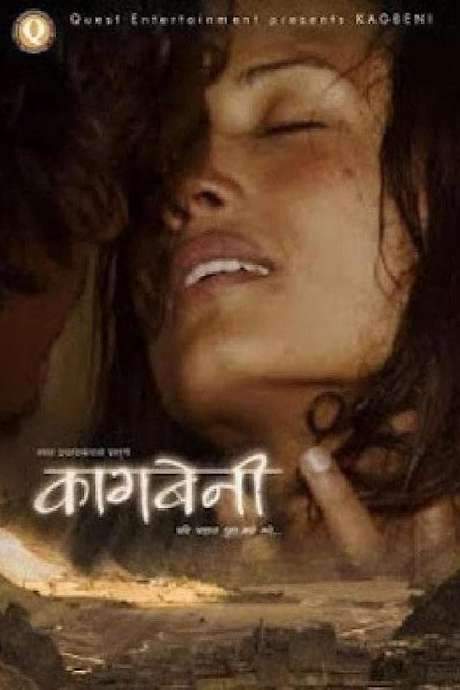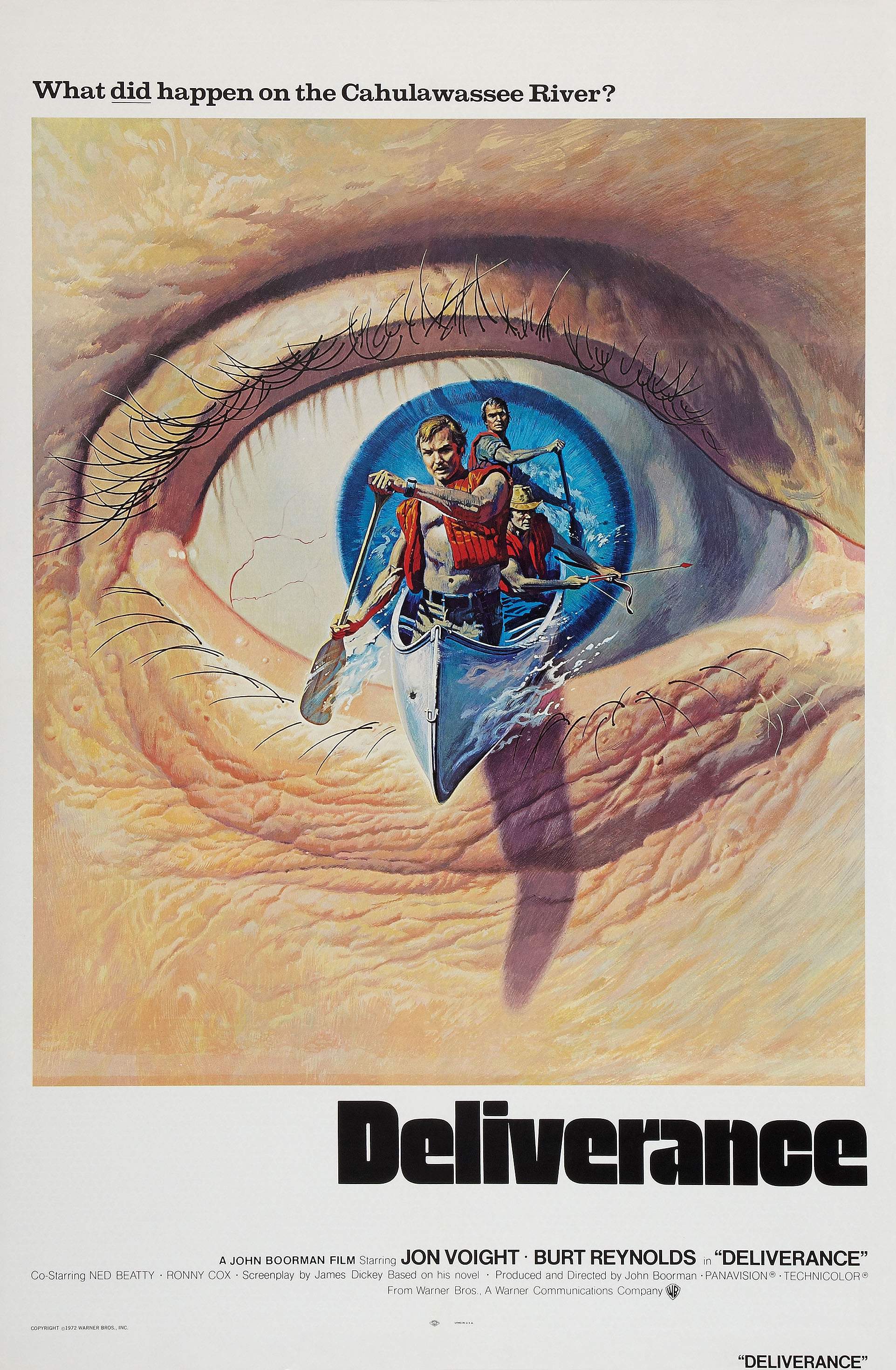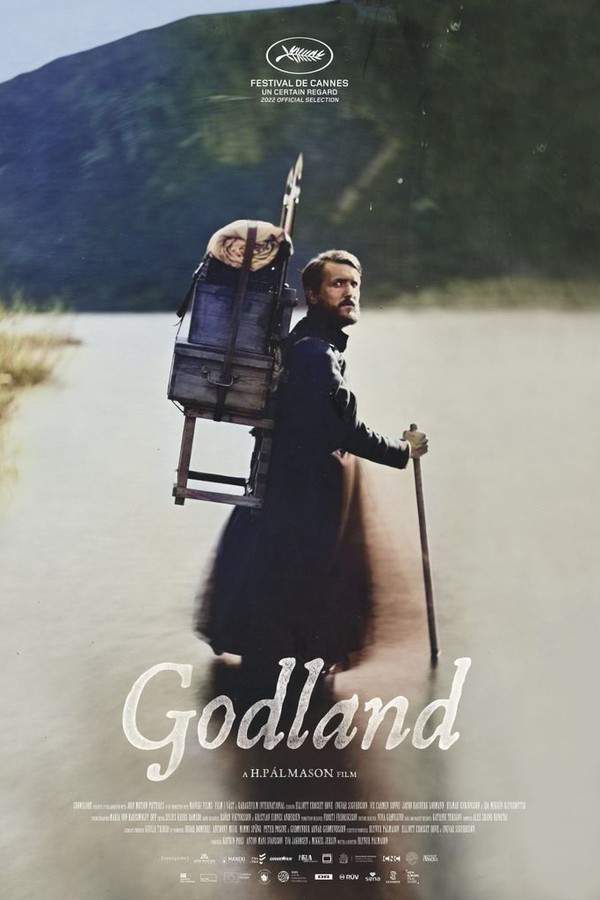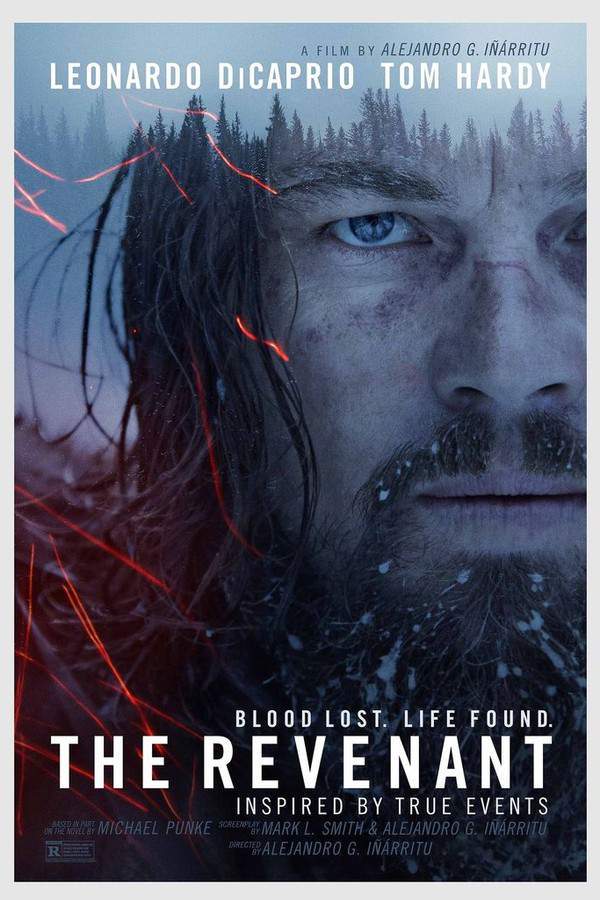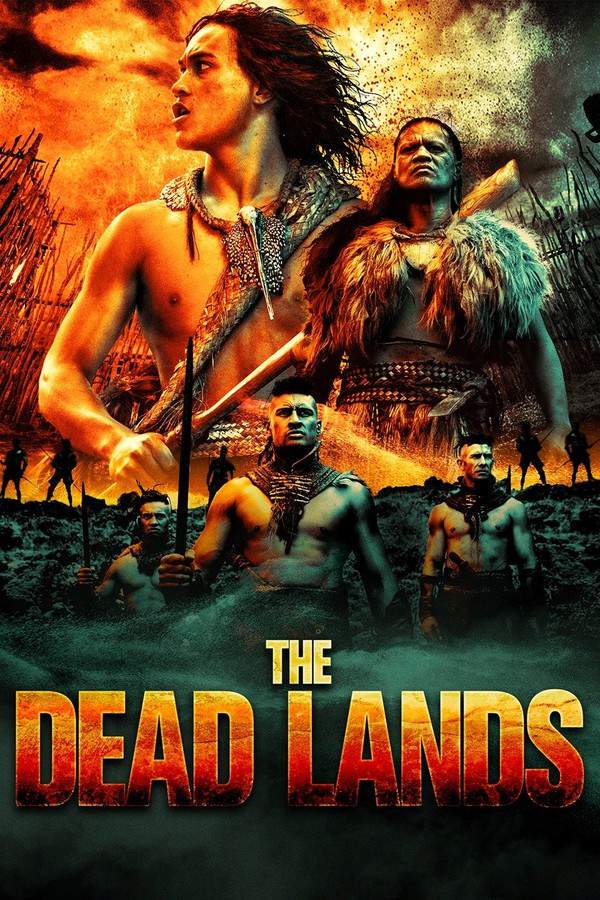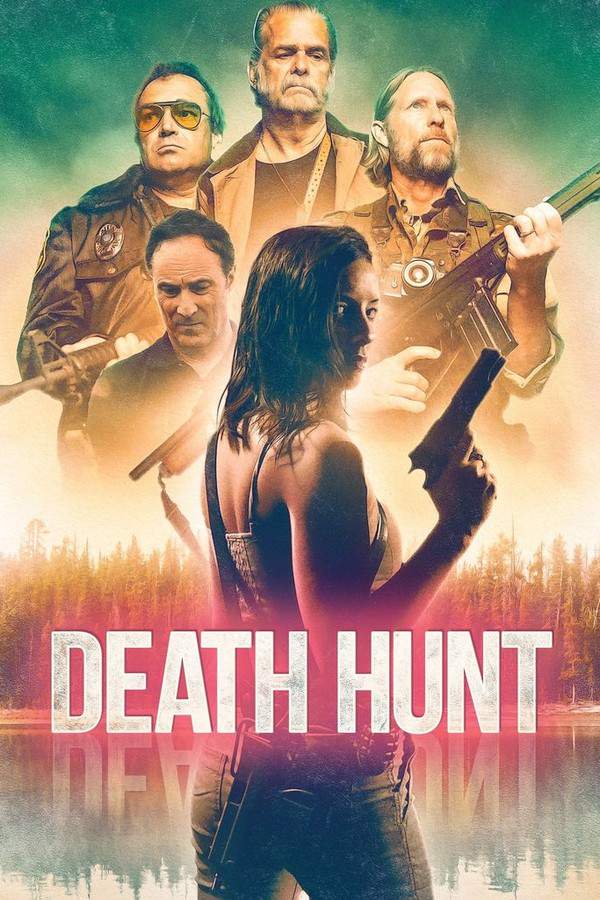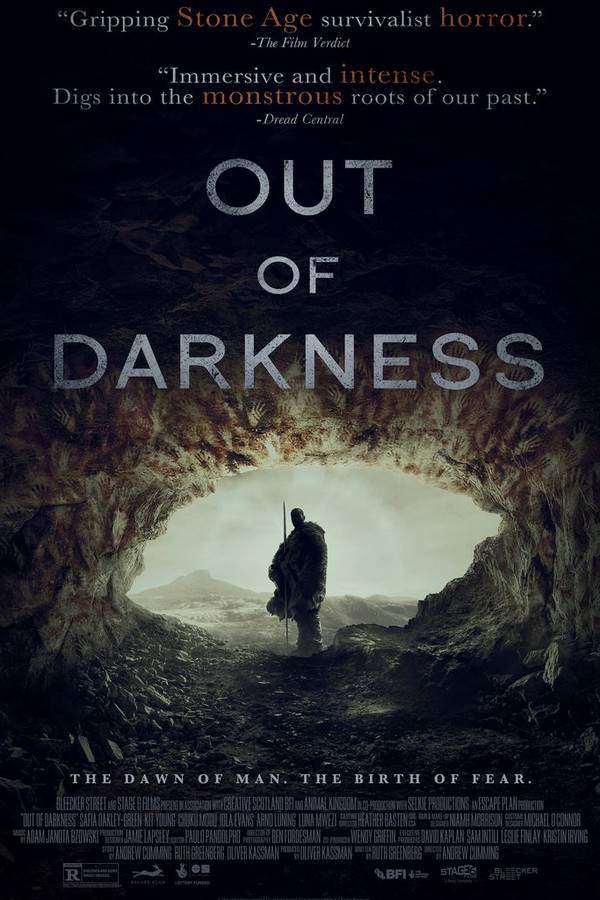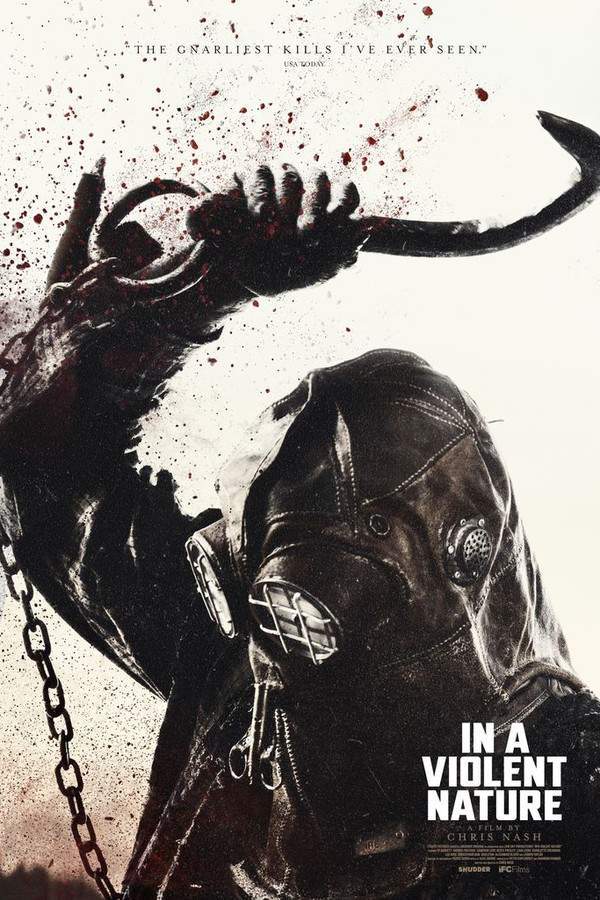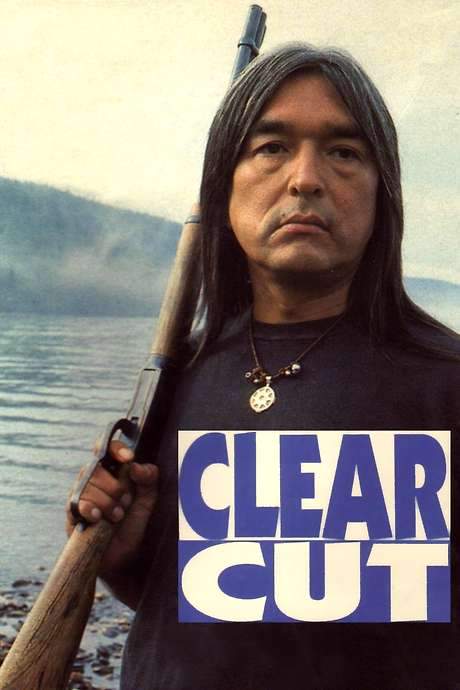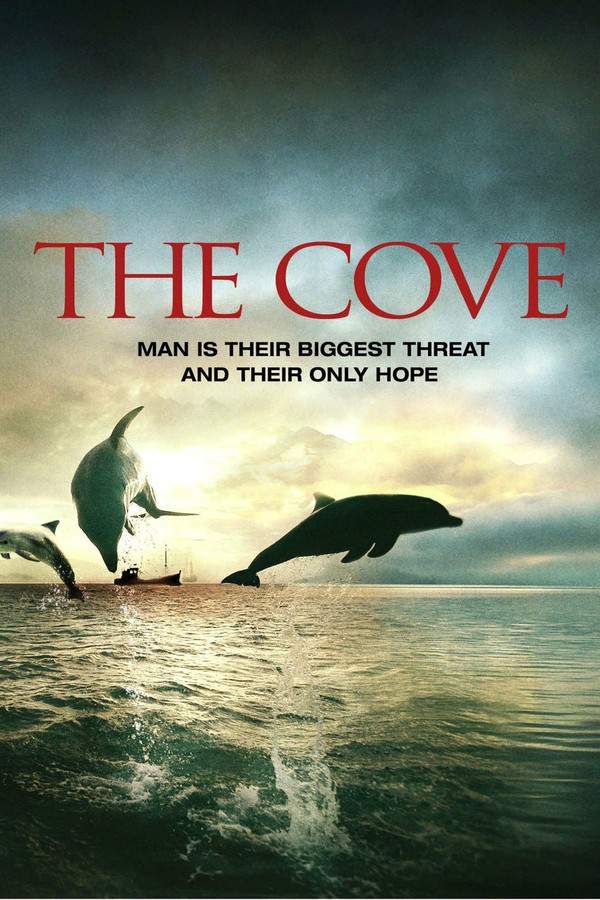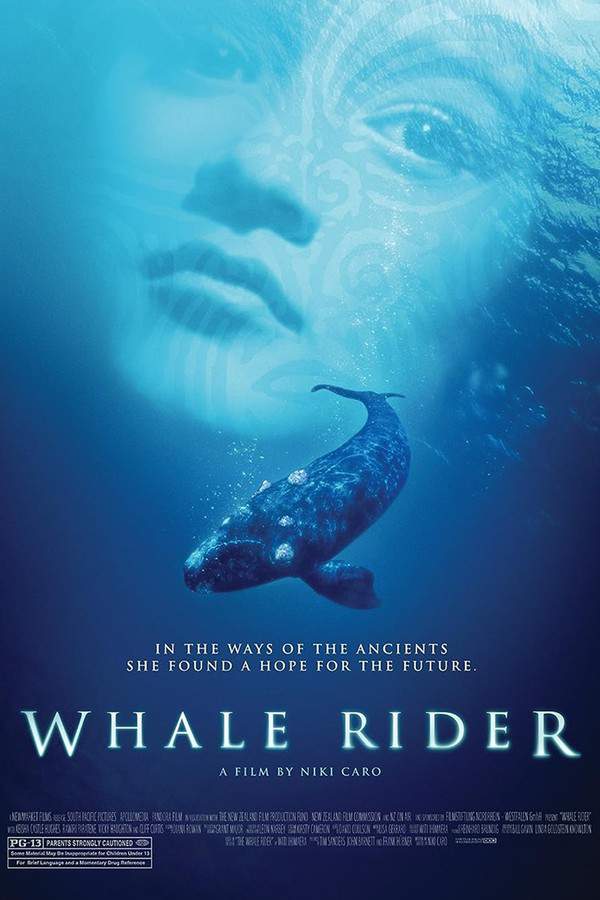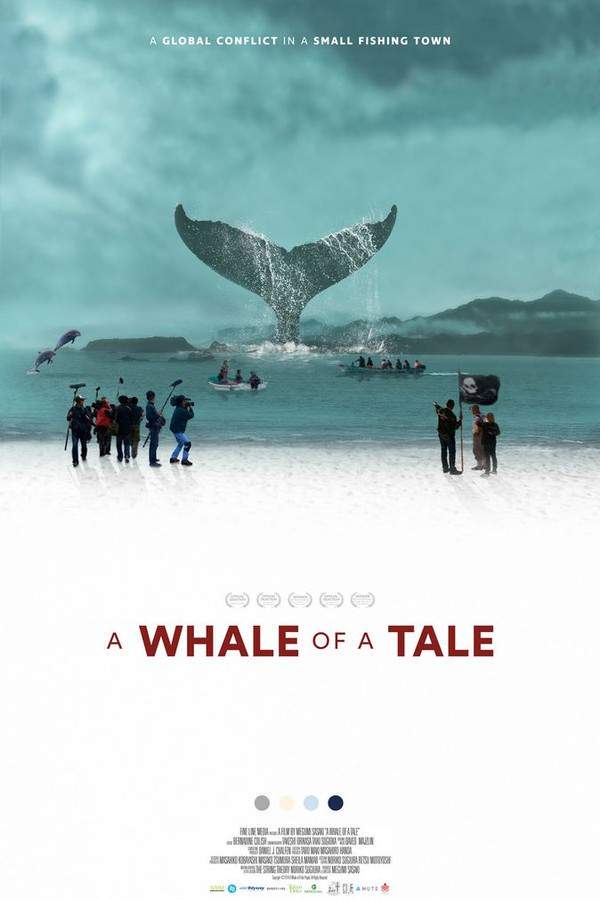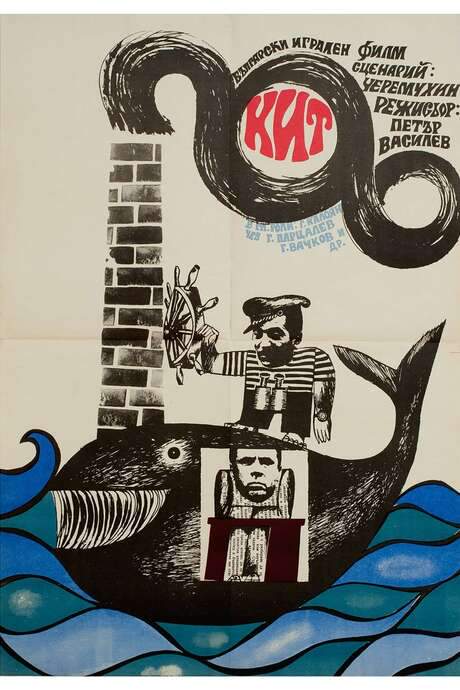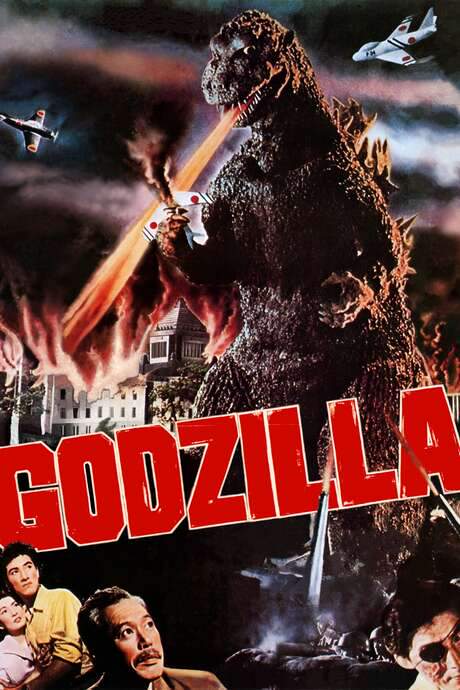
The Whale God
Year: 1962
Runtime: 100 mins
Language: Japanese
Director: Tokuzō Tanaka
A fishing village is terrorized by a giant whale, and the fishermen are determined to kill it.
Warning: spoilers below!
Haven’t seen The Whale God yet? This summary contains major spoilers. Bookmark the page, watch the movie, and come back for the full breakdown. If you're ready, scroll on and relive the story!
The Whale God (1962) – Full Plot Summary & Ending Explained
Read the complete plot breakdown of The Whale God (1962), including all key story events, major twists, and the ending explained in detail. Discover what really happened—and what it all means.
In the early Meiji era, a whaling village on Hirado Island endures years of loss as men vanish into the maw of a colossal North Pacific right whale. The village elder, Takashi Shimura, presides over a grim bargain: the man who slays the Whale God will win land, title, and the elder’s daughter Toyo. The widow who raised her sons to avenge their father and grandfather’s deaths sees her elder son die in the hunt, while her younger son, Kōji Hongō as Shaki, rises to become a gifted whaler and the village’s chief harpooner.
From the start, Shaki’s path is marked by rivalry and stubborn faith in the Whale God. An outsider named Kishū from the Kishū region, Shintarō Katsu plays Kishū, and he challenges Shaki again and again as the villagers rally behind the familiar, unwavering belief that only the Whale God’s death can secure their future. Shaki refuses to see Kishū as a true rival, insisting that his only opponent is the Whale God itself, a stance that earns him both respect and sharp scrutiny from Toyo, who can’t bear to see her own future decided by a whale hunt rather than a marriage.
Ei, a local peasant girl, is in love with Shaki, and Shiho Fujimura brings this quiet longing to the surface as jealousy grows when Toyo’s position in the elder’s eyes looks increasingly precarious. Ei’s feelings complicate the web of loyalties that bind the village, especially as Kishū’s presence unsettles the status quo. Ei’s life takes a drastic turn when Kishū rapes her, and she becomes pregnant with Shaki’s child, a baby girl or boy whose fate will soon collide with the fate of the Whale God.
The death of Shaki’s mother deepens his resolve, and a doctor friend who returns from Nagasaki urges him to leave the village with his sister to seek a safer future. Yet the birth of Ei’s child—Jaya—and Shaki’s decision to marry Ei after claiming the child as his own son intensify the village’s tensions. Toyo’s fury at the humiliation compounds the pressure on Shaki, while Kishū’s doubts about the baby’s paternity simmer beneath the surface. The moment arrives when a telegram bears the news of the Whale God’s imminent return, tightening the bonds of superstition and destiny around the villagers.
Ei’s confession arrives with the thunder of truth: Kishū is Jaya’s real father. Shaki, who had suspected as much since Kishū’s earlier confrontations with the whale, asks Ei for forgiveness for Kishū’s sake, and he reveals a willingness to share the burden of the truth. The fraught balance between duty, love, and the specter of tragedy becomes clear as Shaki lines up with the Whale God one last time, lying on the beach to commune with the enormous head that has been their quarry.
The hunt itself is a brutal, almost ritual event. The villagers surround the Whale God with nets and harpoons, and Kishū dives in to strike while the whale remains powerful. He is dragged under and drowns, his body tangled in the nets, his sacrifice starkly contrasted with Shaki’s stubborn courage. Shaki, though grievously wounded, closes in and finally slays the Whale God, and the villagers decapitate it, butcher it, and place the head on the shore as a stark symbol of their victory and their price.
With Shaki gravely injured, the elder promises to honor the bargain, but Shaki sees through the ritual to the madness it has fostered. Ei’s revelation about Jaya’s paternity weighs on him as he exhales his last breaths, urging forgiveness for Kishū and acknowledging the complexity of their intertwined fates. He gazes toward the Whale God’s head and, in a final, almost meditative moment, lies down on the sands to rest beside the fallen behemoth. A distant current carries Kishū’s body out to the sea, a brooding coda to a village that has been pulled between faith, ambition, and the unyielding pull of the sea.
Last Updated: October 09, 2025 at 11:15
Explore Movie Threads
Discover curated groups of movies connected by mood, themes, and story style. Browse collections built around emotion, atmosphere, and narrative focus to easily find films that match what you feel like watching right now.
Fatalistic community tragedies like The Whale God
Stories where a group's obsession or superstition leads to inevitable ruin.If you liked the grim, ritualistic descent of The Whale God, explore more movies about communities consumed by a shared fatalistic drive. These stories feature heavy emotional weight, dark tones, and bleak endings where collective obsession leads to tragic consequences, similar to the village's hunt in the film.
Narrative Summary
The narrative typically follows a community under pressure, often from an external threat or internal superstition. The group's response becomes a destructive ritual, fueling rivalries, exposing dark secrets, and leading characters down a path of vengeance or sacrifice with little hope for redemption. The story structure builds steadily towards an inevitable, devastating conclusion.
Why These Movies?
These movies are grouped by their shared focus on a community's self-destructive spiral. They feature a similar mix of high intensity, heavy emotional weight, a dark and oppressive tone, and a steady pacing that methodically builds towards a fatalistic, bleak ending.
Man vs nature stories with bleak endings like The Whale God
Brutal stories of human ambition shattered by an unforgiving natural world.For viewers who appreciated the grim battle against the whale in The Whale God, this list features similar movies about humanity's futile or destructive struggles against nature. These films share a high intensity, dark tone, and explore themes of grief, loss, and the cost of ambition, often concluding with a bleak and sobering outcome.
Narrative Summary
The narrative follows protagonists who challenge a formidable natural force, viewing it as a monster or an obstacle to be conquered. This struggle becomes a crucible that exposes their flaws and drives them towards obsession or madness. The journey is physically grueling and psychologically punishing, typically ending not in victory, but in hollow cost or devastating defeat.
Why These Movies?
These films share a core conflict of humanity pitted against an overwhelming natural element. They are united by high intensity, a dark and often melancholic tone, a steady pacing that builds dread, and a focus on the heavy emotional and psychological toll of the struggle.
Unlock the Full Story of The Whale God
Don't stop at just watching — explore The Whale God in full detail. From the complete plot summary and scene-by-scene timeline to character breakdowns, thematic analysis, and a deep dive into the ending — every page helps you truly understand what The Whale God is all about. Plus, discover what's next after the movie.
The Whale God Timeline
Track the full timeline of The Whale God with every major event arranged chronologically. Perfect for decoding non-linear storytelling, flashbacks, or parallel narratives with a clear scene-by-scene breakdown.

Characters, Settings & Themes in The Whale God
Discover the characters, locations, and core themes that shape The Whale God. Get insights into symbolic elements, setting significance, and deeper narrative meaning — ideal for thematic analysis and movie breakdowns.

The Whale God Spoiler-Free Summary
Get a quick, spoiler-free overview of The Whale God that covers the main plot points and key details without revealing any major twists or spoilers. Perfect for those who want to know what to expect before diving in.

More About The Whale God
Visit What's After the Movie to explore more about The Whale God: box office results, cast and crew info, production details, post-credit scenes, and external links — all in one place for movie fans and researchers.

Similar Movies to The Whale God
Discover movies like The Whale God that share similar genres, themes, and storytelling elements. Whether you’re drawn to the atmosphere, character arcs, or plot structure, these curated recommendations will help you explore more films you’ll love.
Explore More About Movie The Whale God
The Whale God (1962) Scene-by-Scene Movie Timeline
The Whale God (1962) Movie Characters, Themes & Settings
The Whale God (1962) Spoiler-Free Summary & Key Flow
Movies Like The Whale God – Similar Titles You’ll Enjoy
The Cove (2009) Complete Plot Breakdown
Whale Rider (2003) Story Summary & Characters
Orca (1977) Movie Recap & Themes
A Whale of a Tale (2018) Full Movie Breakdown
The Whale and the Raven (2019) Ending Explained & Film Insights
A Whale for the Killing (1981) Spoiler-Packed Plot Recap
White Whales (1987) Spoiler-Packed Plot Recap
When the Whales Came (1989) Ending Explained & Film Insights
52-Hertz Whales (2024) Story Summary & Characters
Namu, the Killer Whale (1966) Ending Explained & Film Insights
The Sea God (1930) Plot Summary & Ending Explained
Whale (1970) Movie Recap & Themes
She Gods of Shark Reef (1958) Film Overview & Timeline
The Whale Song (2023) Full Summary & Key Details
Godzilla (1954) Film Overview & Timeline


